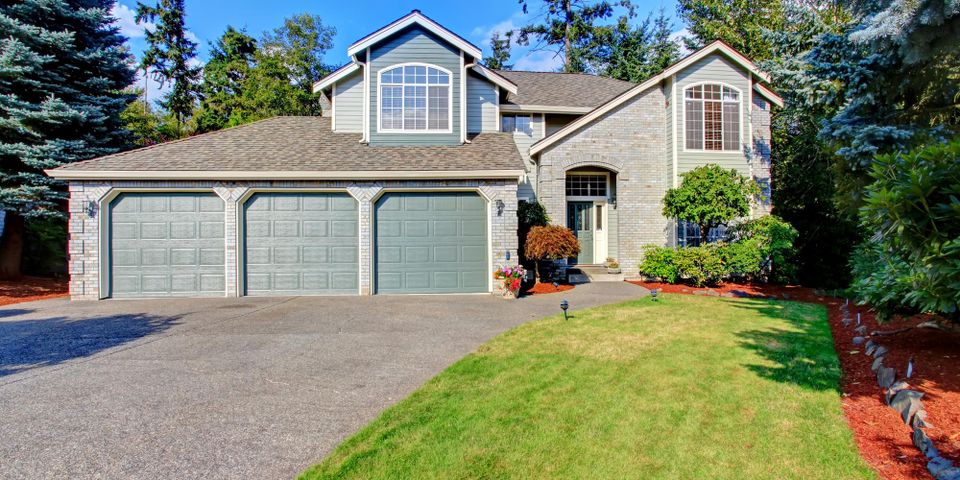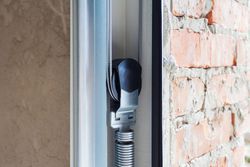
Overhead doors are responsible for protecting your belongings and adding an extra layer of security to your property. If they malfunction or break down, there may be a problem with the springs. Read on to learn more about garage door springs and how to know when you need replacements or repairs.
The Difference Between Torsion & Extension
Most overhead doors use one of two types of springs — torsion and extension. While extension springs expand and contract when garage doors open and close, torsion springs turn. Extension springs are typically less expensive, but torsion springs are often safer, sturdier, and have a longer life expectancy.
How to Tell Which Springs You Have
 If you have torsion springs, you’ll notice them above the garage door, while extension springs typically appear on either side. Torsion springs connect to a metal tube, but extension springs attach to a pulley system that hoists the door. Torsion springs are also easy to identify by the metal cones on their ends.
If you have torsion springs, you’ll notice them above the garage door, while extension springs typically appear on either side. Torsion springs connect to a metal tube, but extension springs attach to a pulley system that hoists the door. Torsion springs are also easy to identify by the metal cones on their ends.
Common Signs of Problems
From time to time, you might observe issues with your overhead doors, such as loud noises, misalignment, or failure to completely open and close. Inspect the springs for signs of physical damage, such as gaps between the coils or corrosion. In some cases, the springs may even break or snap. If you notice any of the aforementioned issues, contact a professional garage door contractor; they will advise you on whether repair or replacement is the smartest course.
If your overhead doors give you trouble, contact Elizabethtown Overhead Inc. For over 25 years, they have provided residential and commercial overhead door installations, repairs, and replacements to clients throughout Elizabethtown, KY. Call (270) 763-9121 to schedule garage door repairs and request a quote. Visit them online to learn more about their vendors, inventory, and garage door services.
About the Business
Have a question? Ask the experts!
Send your question

